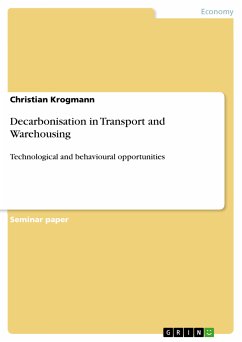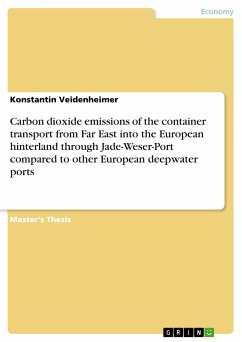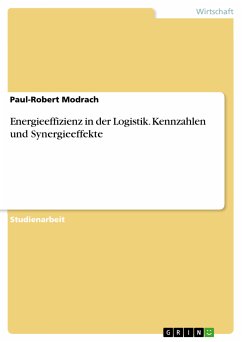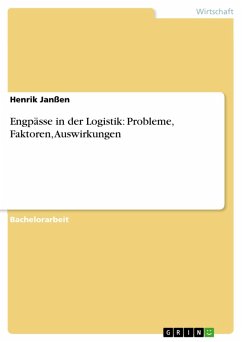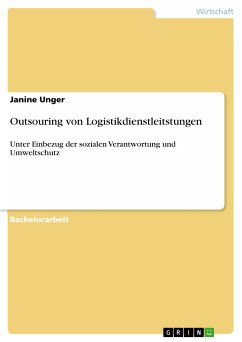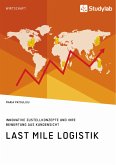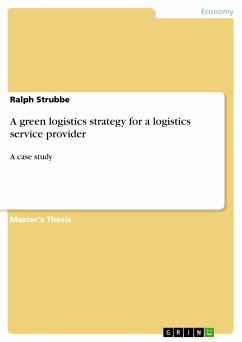Seminar paper from the year 2012 in the subject Business economics - Supply, Production, Logistics, grade: A, Heriot-Watt University Edinburgh, course: Green Logistics, language: English, abstract: The debate of climate change is occupying many parties not only in environmental terms and it has gained importance in the last decade. Although the existence of climate change and particularly a corresponding human responsibility has advocates and opponents, it is obvious that climate change will be a serious issue for everyone if it impacts our nature as predicted (IPCC, 2007a). Hence, institutions such as the IPPC, UNEP, WMO or UNFCCC were introduced in order to guide governments and principally everyone in order to assess and to mitigate climate change. The UNFCCC's ultimate aim, for instance, is to stabilize the concentration of greenhouse gases 'at a level that would prevent dangerous anthropogenic interference with the climate system' (United Nations, 1992: 9). However, this ultimate aim relies on many-sided sub-ordinate targets. One of these targets is to reduce carbon emissions in the logistics sector (McKinnon et al., 2010). In the following chapter 2, opportunities for technological and behavioural changes in order to cut carbon emissions are presented for the logistical activities freight transport (main focus is on road transport) and warehousing. In chapter 3, an evaluation of the question which set of changes is likely to have greater influence is given together with a final conclusion.
Dieser Download kann aus rechtlichen Gründen nur mit Rechnungsadresse in A, B, BG, CY, CZ, D, DK, EW, E, FIN, F, GR, HR, H, IRL, I, LT, L, LR, M, NL, PL, P, R, S, SLO, SK ausgeliefert werden.

